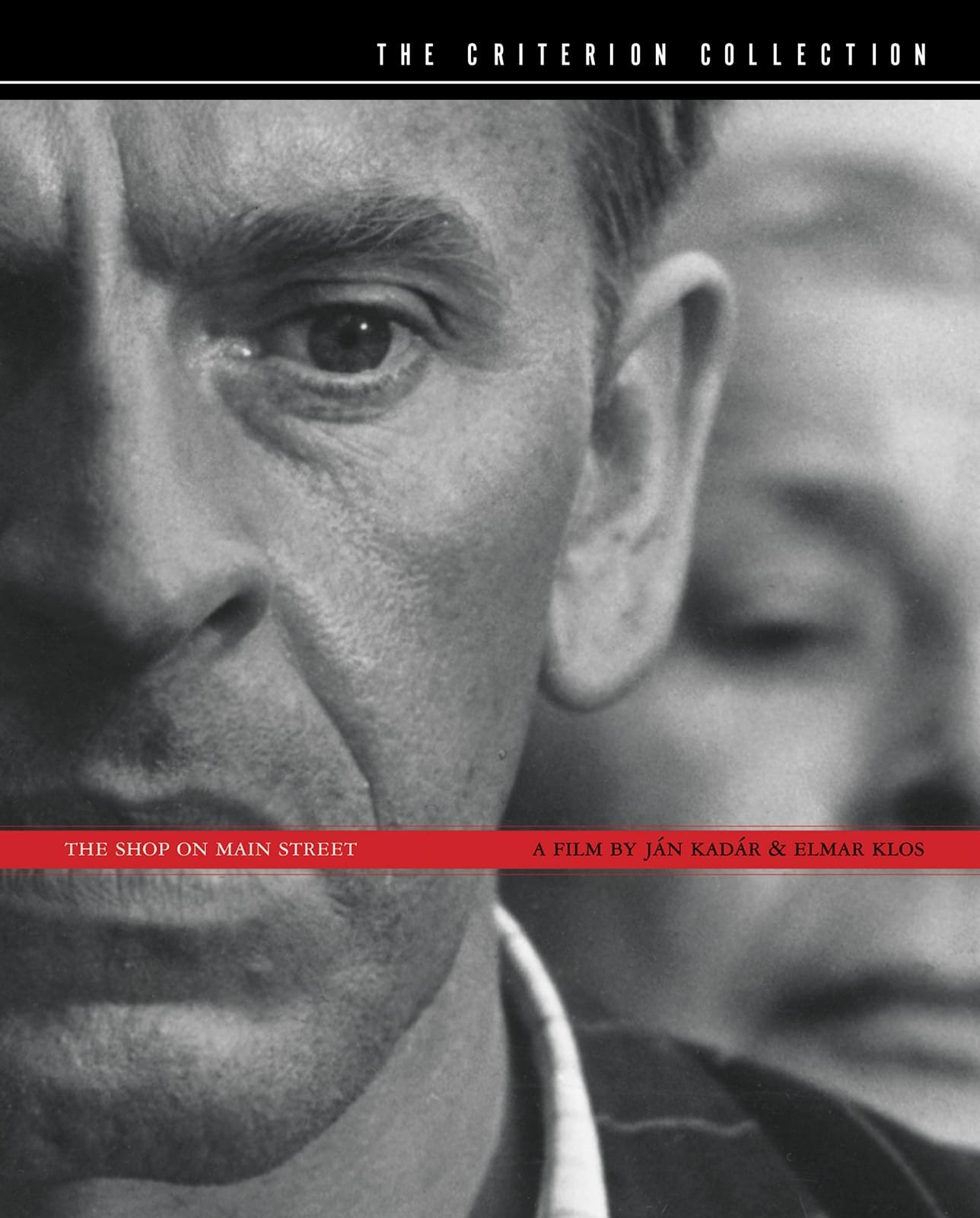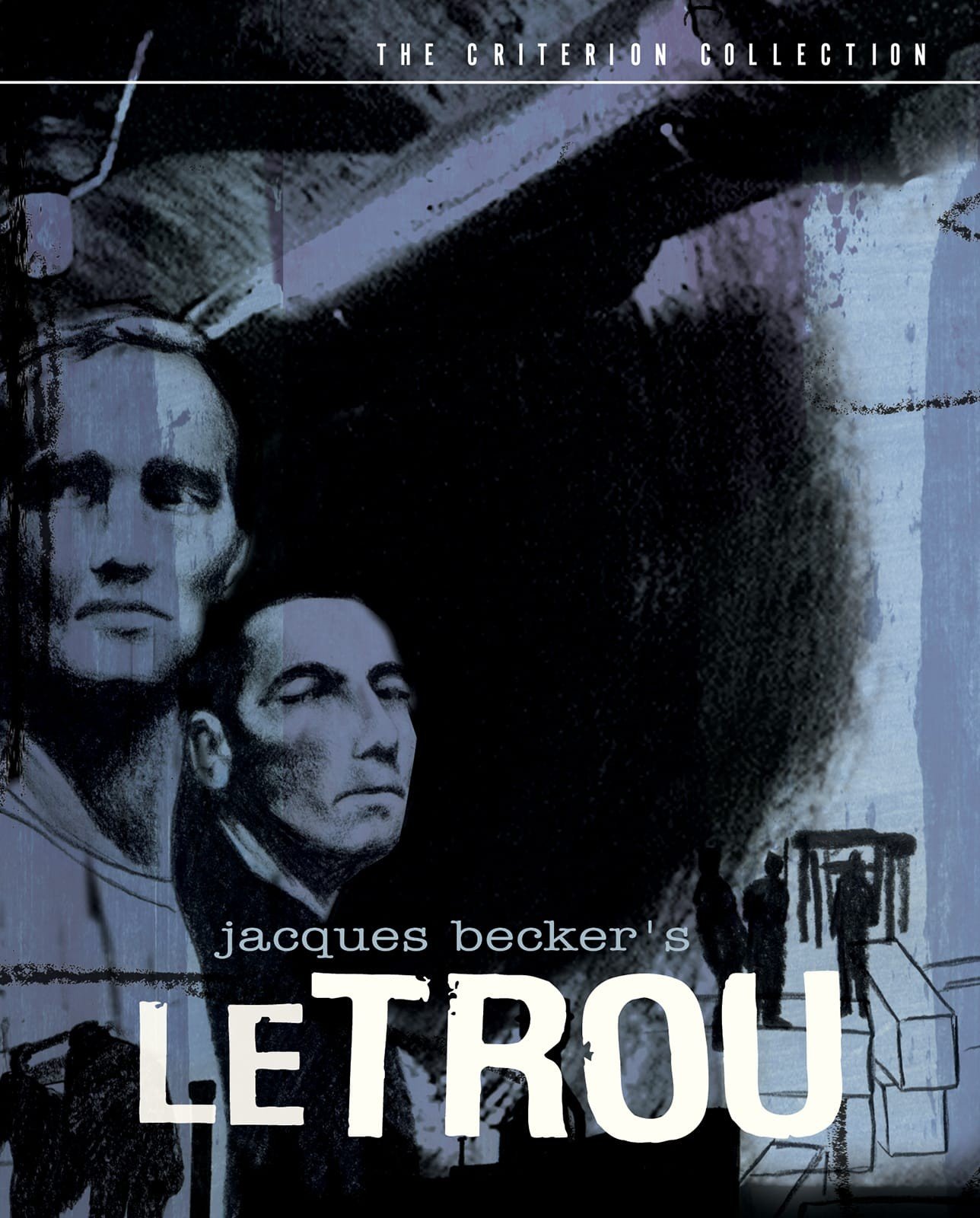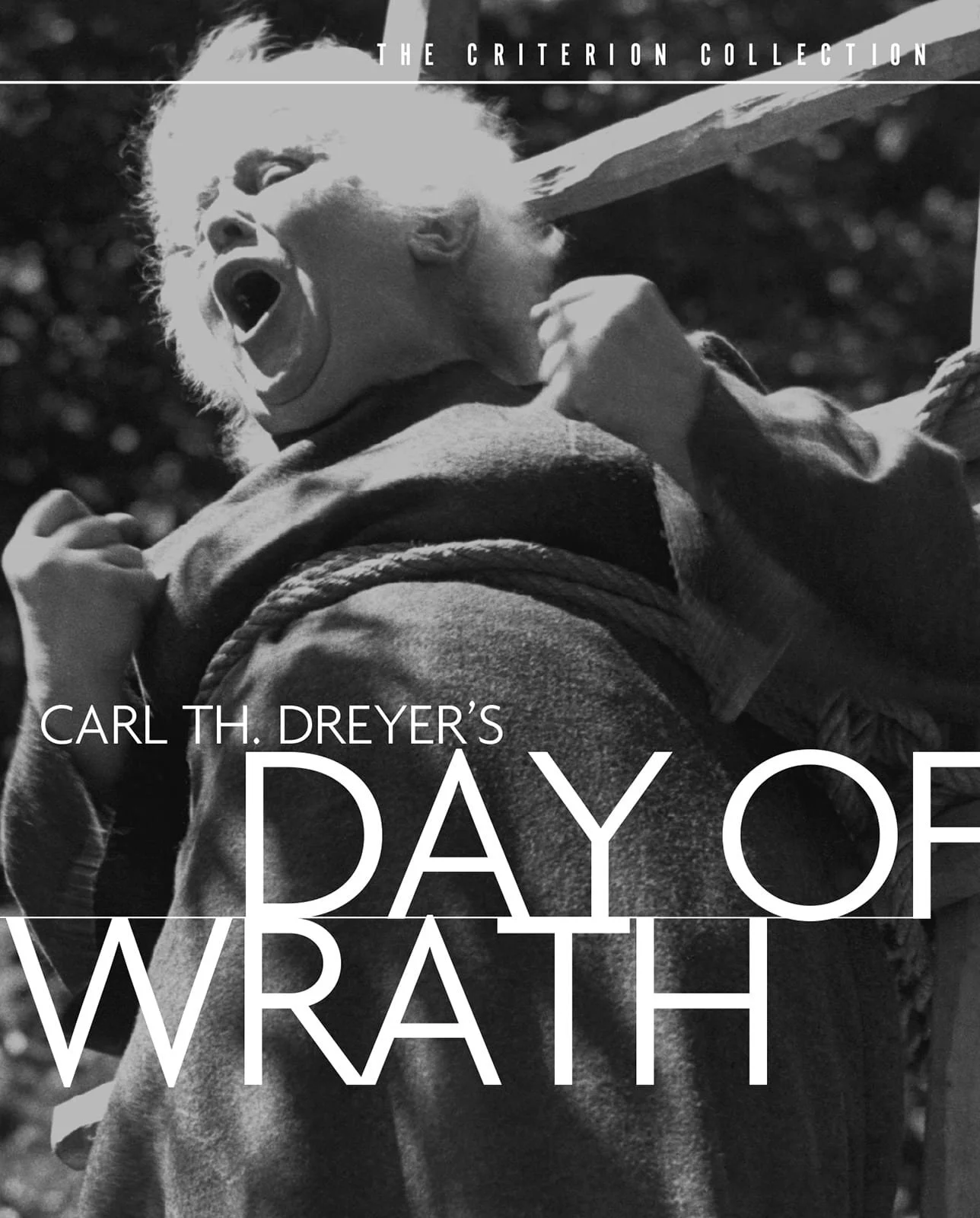The mind is a black box.
A black box, in common parlance, is a system with opaque inner workings; one can observe the input and corresponding output, but the mechanism, the algorithm that transforms one into another remains obscure.
Black box theaters are minimal performances spaces rooted in the American avant-garde, intended to emphasize human elements of plays without distraction from ornate staging. Oftentimes, these spaces eliminate the proscenium, reducing the distance, narratively and mentally, between actor and audience. The box entraps with the promise of intimacy.
The group Black Box was at the forefront of late 80s Italodance with hits “I Don’t Know Anybody Else,” “Strike It Up,” and “Everybody Everybody.” Their music videos replaced original vocalist Martha Wash with lip-synching model Katrin Quinol. One commenter noted, “There’s no way that voice comes out of that skinny-ass body.” Wash later sued for ‘commercial appropriation,’ winning a settlement that required proper credit for her vocals, but for a year, as the songs glinted towards #1, Martha Wash had become a ghost, a voice missing its own body.
Airplanes are equipped with black box recorders to document voice calls to, from and within the cockpit, pilot actions and responses, details of speed, distance, altitude. Designed to withstand thousand-foot drops, jet fuel infernos, obliterating depths and darkness of the ocean floors, they are the sole survivors of catastrophe.
Rex, at the end of The Vanishing, finds himself in a black box of his own making. In his quest to comprehend his wife’s disappearance, he submits to the one person who can answer the mystery. And, upon its resolution, he cannot find a way out: the fading flame of his lighter swallows the oxygen out of his lungs. The black box is a trap.
A coffin is a black box.
As my father lay in his hospital bed, the Buddhist temple brought over a black box the size of a deck of cards. It played sutras on a loop, like congregants gathering around him to chant. I heard it in the background as my brother held the phone, so I could watch him on Facetime, mouth open, soundless, die. Afterwards, he was to rest there, undisturbed, with the black box as a soundtrack to guide his spirit to peace. I tried to get the next flight back to Colorado, but got stuck overnight in Tampa.
Hotels, despite their brass lamps, overhead lights, and cheerful, bland wall art, are black boxes.
People who organize memorials play music out of black box speakers. Favorite songs of the deceased, classical elegies, Sinatra’s “My Way.” We attempt to appease the dead; otherwise, one day, we will be served papers: the dead are filing a lawsuit to claim their proper credit upon us. My father had no memorial. Back at the temple, my mother could not enter because she was crying, and sadness, the nuns said, traps the souls of the dead on the physical plane. So I, the youngest, without tears, returned the black box in a Ziploc bag.
The heart is a black box.



















